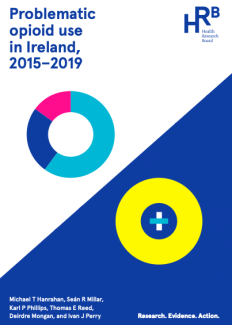Mortality and life-years lost following subsequent physical comorbidity in people with pre-existing substance use disorders: a national registry-based retrospective cohort study of hospitalised individuals in Czechia
Summary
Background
Substance use disorders constitute a major global public health problem, attributable largely to their subsequent comorbidity with other health conditions. This study aimed to investigate the risk of all-cause death and...

